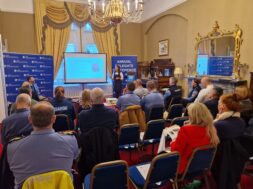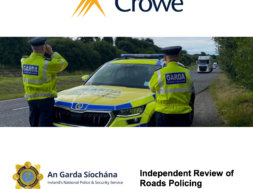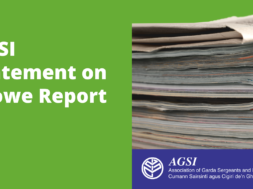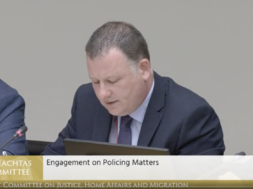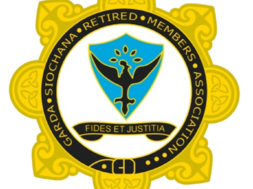CHECK AGAINST DELIVERY
TOPICAL ISSUE DEBATE
17 September 2014
The completion last week by GSOC of its investigation into an alleged leak of confidential information concerning the Public Interest Investigation into the alleged surveillance of its offices and its decision to not publish its Report into the matter.
– Alan Shatter TD
A Cheann Comhairle,
I wish to thank the Deputy for raising this important matter.
The House is familiar with the background to this matter, which the Deputy has outlined, and in particular the article published by the Sunday Times, which claimed that GSOC was under hi-tech surveillance. While it was clear, following the inquiry by Judge Cooke, that the article contained inaccuracies, and while Judge Cooke found that the evidence did not support the proposition that actual surveillance of the kind asserted took place, it was nevertheless clear that the Sunday Times journalist, Mr John Mooney, had received some confidential information relating to these issues, as GSOC had indeed engaged a UK firm, Verrimus, to investigate whether it was under surveillance, and had conducted its own investigation into these concerns.
GSOC engaged a senior counsel to conduct a fact-finding investigation to determine, so far as possible and on the balance of probabilities, the facts relating to this suspected disclosure of information.
The senior counsel was given access to all the information in the possession of GSOC and states that he received co-operation from everyone concerned, except for Mr. John Mooney who declined to be interviewed.
The senior counsel concluded that he is satisfied that the journalist received confidential information from some person or persons associated with the Verrimus or GSOC investigations. He was not able, however, to establish when the journalist received such information, from whom he received it, or the exact nature of the information disclosed.
GSOC considered, in light of the public controversy that surrounded the entire matter, that it was appropriate that I be supplied with a copy of the report. I must stress, however, that it was not submitted to me under the relevant section (section 80) of the Garda Síochána Act 2005 which provides for GSOC reports submitted to me to be laid before both Houses. Indeed, GSOC stressed in their covering letter to me that they did not intend to publish the report as it contained personal data which they said was impossible to redact effectively.
I believe that it was absolutely right, indeed essential, for GSOC to inquire into a concern that confidential information relating to either the Verrimus investigation or GSOC’s related investigation was leaked to a journalist. I have also made clear from the outset that I believe that as much information as possible on the outcome of this inquiry should be put into the public domain in the interests of transparency. That is why, while fully respecting GSOC’s statutory independence, I have asked GSOC, in consultation with the senior counsel concerned, and with whatever level of redaction might be legally necessary, to now consider publishing the report in the public interest.
Ends
